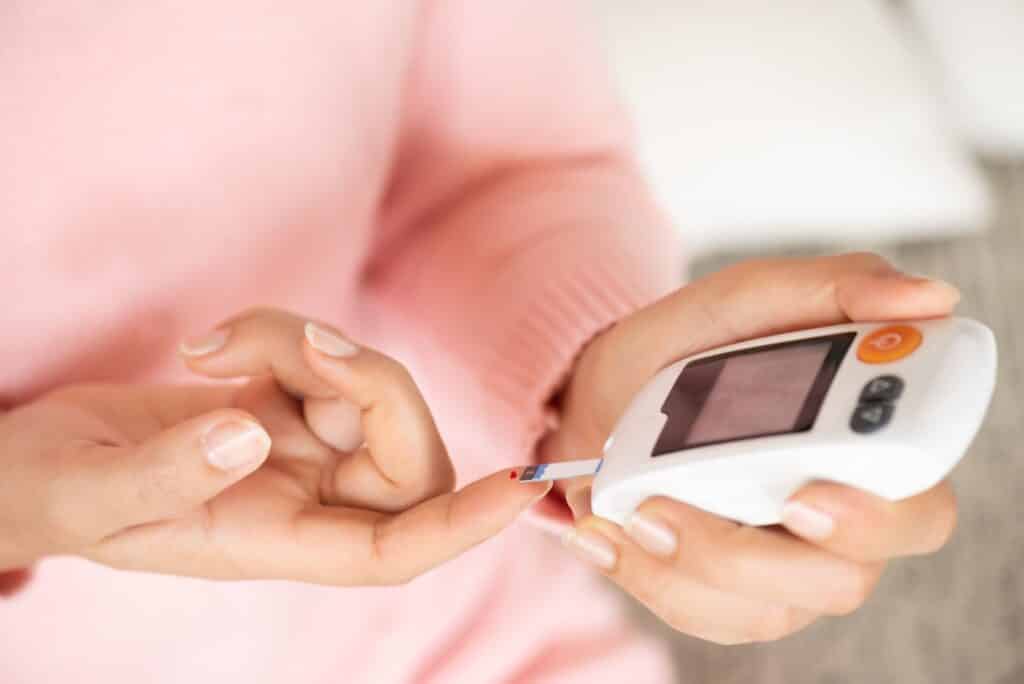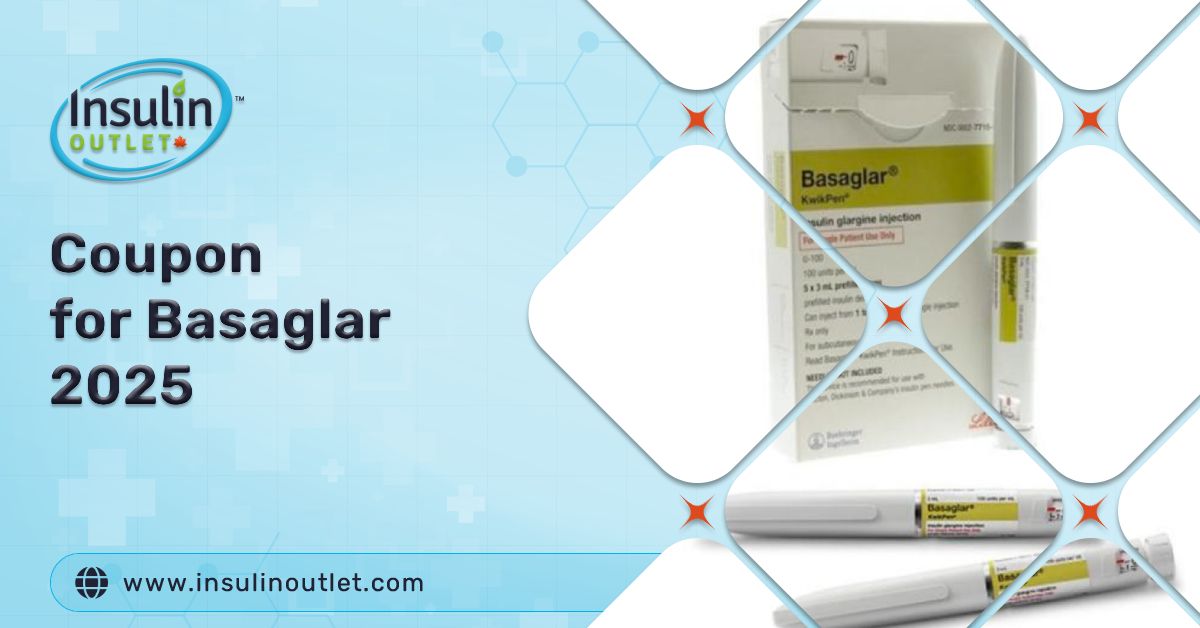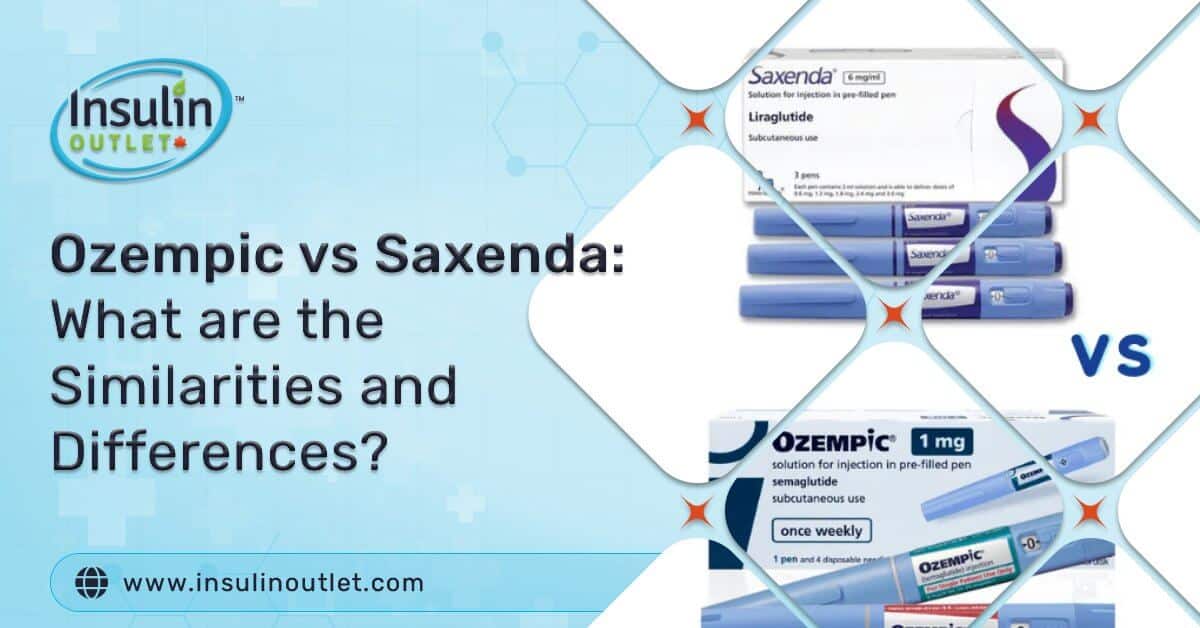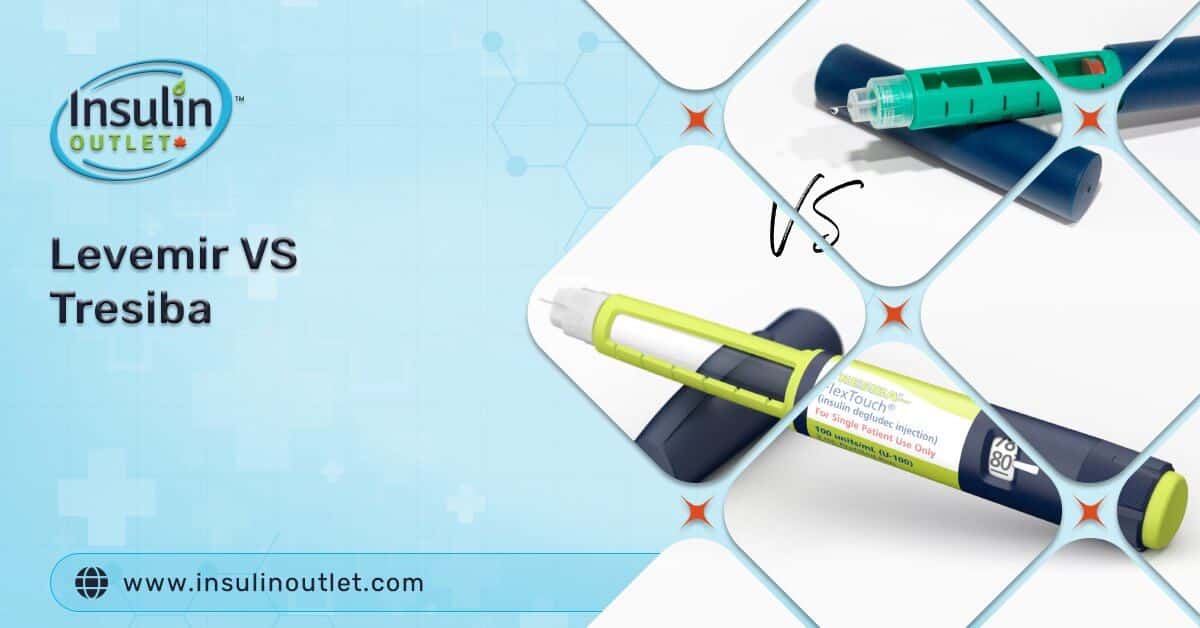
There are different types of diabetes, but one that is not often talked about (unlike type 2 diabetes) is brittle diabetes. However, brittle diabetes is not as uncommon as many would think. In this article, we want to explore this medical challenge that an insignificant number of the adult population is dealing with.
At the end of the article, we hope to answer all your inquiries about brittle diabetes, its symptoms, and how to deal with it.
Table Of Contents
ToggleBrittle Diabetes
Brittle diabetes is a unique kind of diabetes different from the ordinary types common to public knowledge. It is difficult to manage, and sufferers find it hard to lead a normal life. Also called Labile diabetes, people with this health condition experience severe blood sugar swings from hypoglycemia (low blood sugar) and hyperglycemia (high blood sugar). These swings are extremely erratic, which makes it dangerous form of diabetes. For this reason, it is called unstable diabetes in some parts of the world.
What’s the Difference Between Brittle Diabetes and Other Diabetes?
When it comes to normal diabetes, people suffering from it can usually manage it through proper lifestyle changes and diabetic medications (such as insulin). The most common form of normal or stable diabetes is type 2 diabetes. By taking insulin or diabetic drugs like Ozempic or Trulicity, (which as both approved by the FDA) they are manage their diabetes. However, in the case of brittle diabetes, managing the condition is a lot harder for the following reasons:
- It can lead to rapid hospitalizations and deaths in some instances.
- People with brittle diabetes have trouble living normal lives.
- It can cause severe anxiety and depression.
- It can be expensive with different insulin usages (such as mixing insulin glargine with insulin isophane)
Brittle Diabetes Commonality
Brittle diabetes is very rare compared to the usual type 2 diabetes that most diabetics deal with. This best explains why only 3 out of every 1000 people, may suffer from brittle diabetes.
Many experts believe that people with brittle have type 1, not type 2 diabetes. type 1 diabetes occurs in people who do not produce enough insulin in their bodies. The reason for the low production of insulin is still unknown, but it is more common in women who are in their 20’s and 30’s than in people of other age demography.

Why is Brittle Diabetes hard to manage?
Like we pointed out above, brittle diabetes is very difficult to manage for the many reasons including the ones below.
Celiac Disease: Many with brittle diabetes have Celiac disease, which is an autoimmune disorder that affects the intestine. This disease makes brittle diabetes even worse.
Drug/Alcohol Abuse: Consuming an excessive volume of alcohol or drugs makes it all the more challenging.
Eating Disorders: People with diabetes are advised to eat healthily alongside taking medication. But those with brittle suffer from an eating disorder and are more likely to lose appetite for food.
Gastroparesis: This slow a serious condition that prevents the stomach from digesting food properly. This may lead to constipation and other health challenges that will worsen the condition.
Hormonal Imbalances: Certain hormonal imbalances like hypothyroidism or insufficient adrenaline in the body may lead to further complications, thereby making brittle diabetes increasingly more difficult to manage.
Digestion Problems: People with brittle diabetes who have pre-existing digestive problems, will find it difficult to absorb nutrients from food and insulin treatments. It is common for brittle diabetics to use a insulin glargine pen with refillable cartridges.
Stress/Anxiety: Stress and anxiety are common experiences with sufferers. Depression is another psychological problem sufferers deal with and all these combine to resist the digestion of insulin in the body.
Symptoms of Brittle Diabetes
How do you know if you or anyone else, for that matter, has brittle disease? Early detection can be life-saving so let’s review the symptoms.
The first thing you should know is that those with brittle diabetes tend to experience frequent and sudden changes in their blood glucose ratio, regardless of whether they consume high glucose or starchy food or not. Not only that, but their blood sugar (glucose) level also drops to dangerously low levels for reasons experts can’t seem to explain for now. So hyperglycemia and hypoglycemia are common phenomena with this sickness.
So what are the symptoms of brittle diabetes you should know about? Some of the symptoms include the following:
- Pale Skin
- Dizziness
- Weakness or shaking
- Fast heartbeat rate
- Sweating
- Sudden hunger
- Sudden thirst
- Irritability and confusion
- Restless beat
- Blurry vision
- Frequent urination
- Fatigue
- Headache

Another thing to take note of is that brittle diabetes can lead to a severe case of insulin ketoacidosis, a complication known to cause: a possible coma, vomiting, breathing difficulty, fruity smelling breath, dehydration, confusion and a fast heart rate.
Risk Factors for Brittle Diabetes
Brittle diabetes has certain risk factors you should know about. For the record, brittle hardly ever occurs in people with type 1 diabetes, only type 2 diabetes. This is why it is sometimes referred to as complication diabetes.
type 1 diabetes is known for a spike or drop in blood sugar leading to a life-threatening roller coaster effect which makes it difficult to track. In a nutshell, here are the risk factors of brittle diabetes:

- Females are more likely to suffer it than males
- The condition may lead to hormonal imbalances
- Hypothyroidism (very low thyroid hormones)
- It mostly affects people within the 20-39 age bracket
- People with high stress levels
- Obesity
- Depression
- Mental health struggles
- Celiac or gastroparesis
- Individuals with eating disorders
Humira (Adalimumab)
$2,150.00How do I Manage Brittle Diabetes?
People with brittle disease can manage the condition by adhering to their doctor’s recommendation. Here are some of the tools and medication an expert may most likely recommend.
Subcutaneous insulin
There are different types of insulin treatments. We have the oral one and the subcutaneous ones. Subcutaneous insulin is given in the form of injections and is highly recommended for treating brittle diabetes. The medication is given in the form of a pump that allows the user to know the dosage they take in. The pump is lightweight and is carried in their pocket wherever they go because they never know when they might need it. Unlike the conventional injections used by type 2 diabetes patients, type 1 or brittle diabetes patients use a pump more often than not.
They wear it on their bodies round the clock, 24 hours a day, as it constantly pumps insulin into their system in small proportions at regular intervals. To keep glucose levels at equilibrium.
They may also use a wide array of insulin products (depending on what their doctor recommends). For example, they may use intermediate and short acting insulin mixed together in a pen form, that can be refilled through cartridges.
Glucose Monitoring
Another way to manage or treat brittle diabetes is to regularly test the blood for sugar levels which may be done several times a day. While this isn’t always an easy thing to do, a special sensor called a glucose monitoring sensor (CGM) is placed under the patient’s skin. This sensor is used to detect glucose levels and trigger an alert when it gets too low or too high. With this information, the patient can then administer insulin immediately and accordingly.
Pancreas Transplant
In worst cases, insulin shots may not lead to improvement which can lead to a possible pancreas transplant. Since the pancreas is responsible for the release of insulin, a pancreas transplant may be able to help regular functionality.
Brittle Diabetes Prevention
Monitoring your glucose levels and following your doctor’s instructions can be a lifesaver. If blood sugar is managed well, you may be able to catch diabetes early and prevent the use of medications. However, poor management may lead to kidneys/heart/nerves/heart/eyes complications, frequent hospitalizations, pregnant complications, shorter life expectancy rate and a poor quality of life. If you feel you may be diabetic, it is essential you speak to your doctor so they can properly assess you.

To manage brittle diabetes effectively, you will need to do the following (and most likely more):
- Monitor your blood sugar level regularly
- Have regular check-ups with your healthcare professional
- Exercise regularly (don’t overdue it!)
- Follow your doctor’s recommendations to the detail
- Maintain a healthy weight
- Always have medication readily available for use
- Have a healthy diet that is low in sugar
- Find activities that bring you joy and that can reduce stress
When Should you Visit a Doctor?
If you are regularly experiencing hyperglycemia and hypoglycemia, you should see a doctor immediately. Your doctor or healthcare professional would be able to assess your health and provide you with appropriate recommendations. Do not make any drastic changes to your lifestyle without seeking the guidance of a medical professional.
Final Thoughts
Brittle diabetes is an uncommon form of diabetes only experienced in 3 out of 10 people living with diabetes. Being aware of the possible causes and symptoms is one way of effectively manage it. Managing your blood sugar levels at all times can help you prevent complications. Live a healthy life including proper nutrition and exercise. Notifying your doctor if you notice any of the difficulties or symptoms highlighted in this article will also help you avoid severe drops or spikes in your sugar levels and other attendant complications. It cannot be overstated, of the importance of seeking medical and professional attention when it comes to any medication or health situation. Please do not hesitate to reach out to your doctor if you believe you are experiencing any signs or symptoms of any types of diabetes.
Share:














